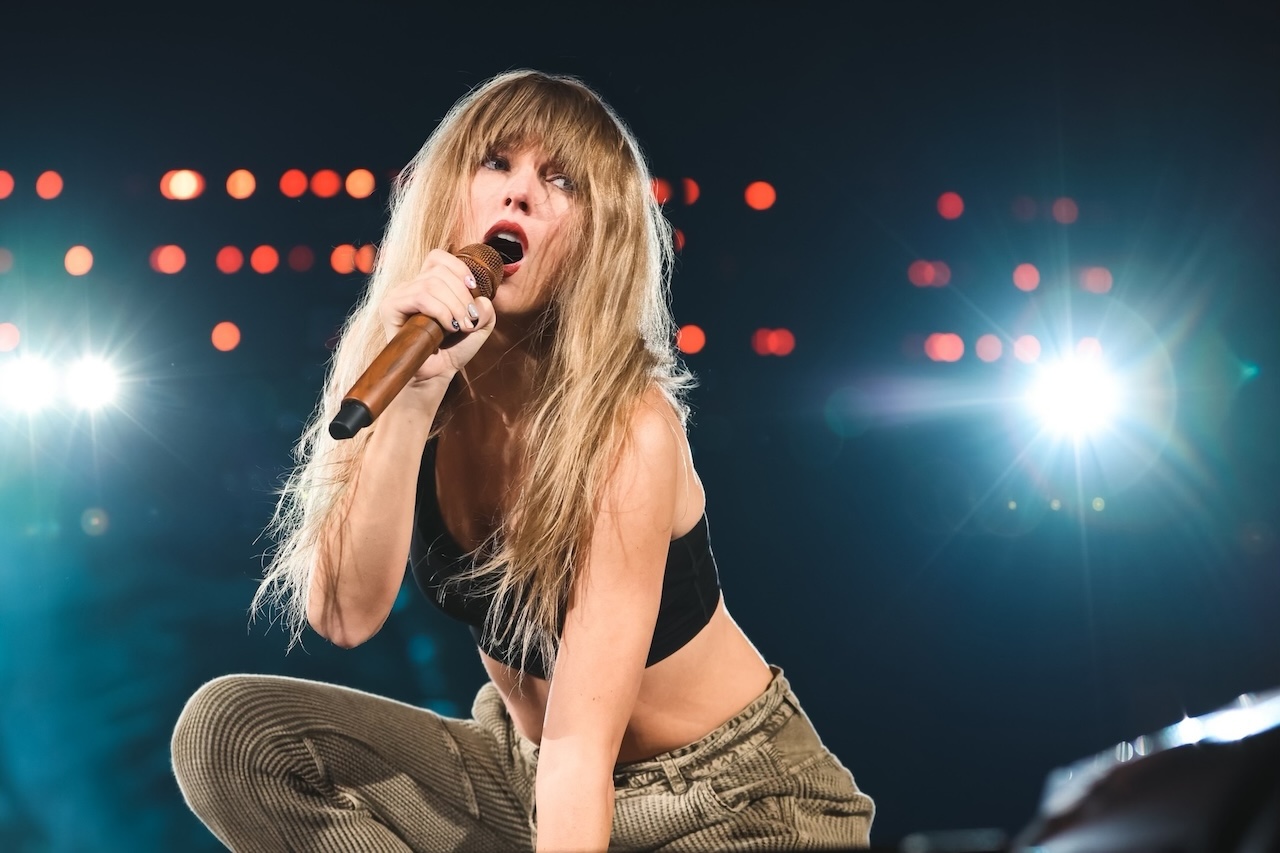Top image: Ronald Woan / Wikicommons
Taylor Swift is in Singapore, and only in Singapore. The deal we made with the world’s biggest pop star means she won’t be performing in any other Southeast Asian country. Sucks to be a non-Singaporean Swiftie right now.
Naturally, our neighbours have complained. And Singapore hasn’t exactly taken too kindly to the complaints.
ADVERTISEMENT
Minister for Culture, Community and Youth Edwin Tong revealed that the government is considering “appropriate measures” against those who leaked the details of the deal. Prime Minister Lee Hsien Loong acknowledged the successful exclusivity deal but denied that the arrangement is in any way “unfriendly” to its regional neighbours.
This exclusivity generated outcry on social media, notably from Swifties in other countries who lamented how unfair it was that Singapore basically tossed a lot of money to be the only country in Southeast Asia where Taylor Swift would perform. Filipino lawmaker Joey Salceda also criticised the exclusivity clause, saying that “it’s not what good neighbours do”. Singapore’s deal has also pushed Malaysian Prime Minister Anwar Ibrahim to butt heads with his political opposition.
That hasn’t unfazed Singapore—not one bit. Former MFA Permanent Secretary Bilahari Kausikan called other countries “sour grapes” after they criticised the exclusivity clause. Quite the statement from a former top diplomat.
What was supposed to be a celebrated event has now caused a strain among neighbours. Who knew then that the singer-songwriter behind ‘You Belong With Me’ would be at the centre of a Southeast Asian geopolitical tiff?
We get it. Taylor Swift is god-tier popular—and for governments, that means tourism dollars. Taylor Swift’s Singapore shows are estimated to bring up to S$500M in tourism receipts as fans from Southeast Asia fly in to attend the concert. But all this goes to show just why our regional neighbours think of Singapore as that snotty rich kid who can do anything they want by waving money around.
The Singaporean Smugness
Tourism means an increase in exports and a healthier balance of trade. The same increase in exports for Singapore, however, also means an increase in imports for other countries. So what’s good for us actually isn’t so great for others.
This is where the exclusivity clause really stings. It means that it’s no longer a competition to attract more tourists with better venues, amenities, or other tourist attractions. It’s a game where the winner has already been decided. And the losers are just fighting to lose less.
The kicker is that the exclusivity clause was also tied to grants that Singapore gave Taylor Swift to perform in Singapore. Remember the guy who came to school showing off something that he bought and refusing to let anyone else even touch it? And remember how everyone felt envious and maybe a little salty too?
It’s probably the same feeling other countries are getting right now, except on a much larger scale. That’s why it’s such an issue for other SEA countries. Singapore won a bidding war, and it’s not going to share its winnings.
Of course, the government intended the deal to remain confidential. But when news of the exclusivity clause broke, so did Singaporean smugness on social media platforms.
ADVERTISEMENT
This smugness which comes with bragging about seeing Taylor Swift here is like the smugness some would have when visiting Johor Bahru. If I had one ringgit for every time a Singaporean brought up the exchange rate when arguing with a Malaysian, I’d have at least a thousand Singapore dollars.
At its core, the Singaporean smugness is tied to spending power relative to our neighbours. It’s spending power which Singaporeans enjoy merely by the lottery of birth. And Taylor Swift was just another tool where Singaporeans could claim bragging rights.
Can You Really Blame Us?
But in many ways, Singapore’s success in getting Taylor Swift to agree to the exclusivity clause is nothing unusual. It was not achieved via coercion or corruption—it’s merely an expression of Singapore’s superior ability to attract such icons to the country.
The funds Singapore allocates to pay Taylor Swift for her performances don’t just materialise overnight; they’re the result of astute strategies that fostered economic development.
And if a country like Singapore without natural resources like tin, rubber, timber, and oil is able to accrue the funds for such an expense, then surely it is our right to use the money as we please. It is, after all, our money to use for our benefit.
In this sense, Singapore really does have nothing to apologise for. Mr Kausikan has also remarked in the past that diplomacy is not about being nice, polite, or agreeable, but about protecting and promoting a country’s interests.
Being nice is simply a bonus.
But on the flip side, it doesn’t hurt to get along with the neighbours. Flaunting one’s achievements is rarely the way to win friends. For all our posturing as a country that believes in creating prosperity for all, this deal certainly seems to go against that.
No one likes a showoff. But everyone loves the guy who shares what he has. In the classroom analogy, nobody picks on the guy who likes to bring Pocky for everyone to share.
It seems somewhat ridiculous that concerts could lead to a diplomatic spat. And certainly, the matter seems trivial when compared to the high politics of security and foreign policy.
To say that Singapore has offended its neighbours by negotiating a contract with Taylor Swift that includes an exclusivity clause wouldn’t be accurate—we’ve done nothing wrong.
Just don’t rub it in other people’s faces.






